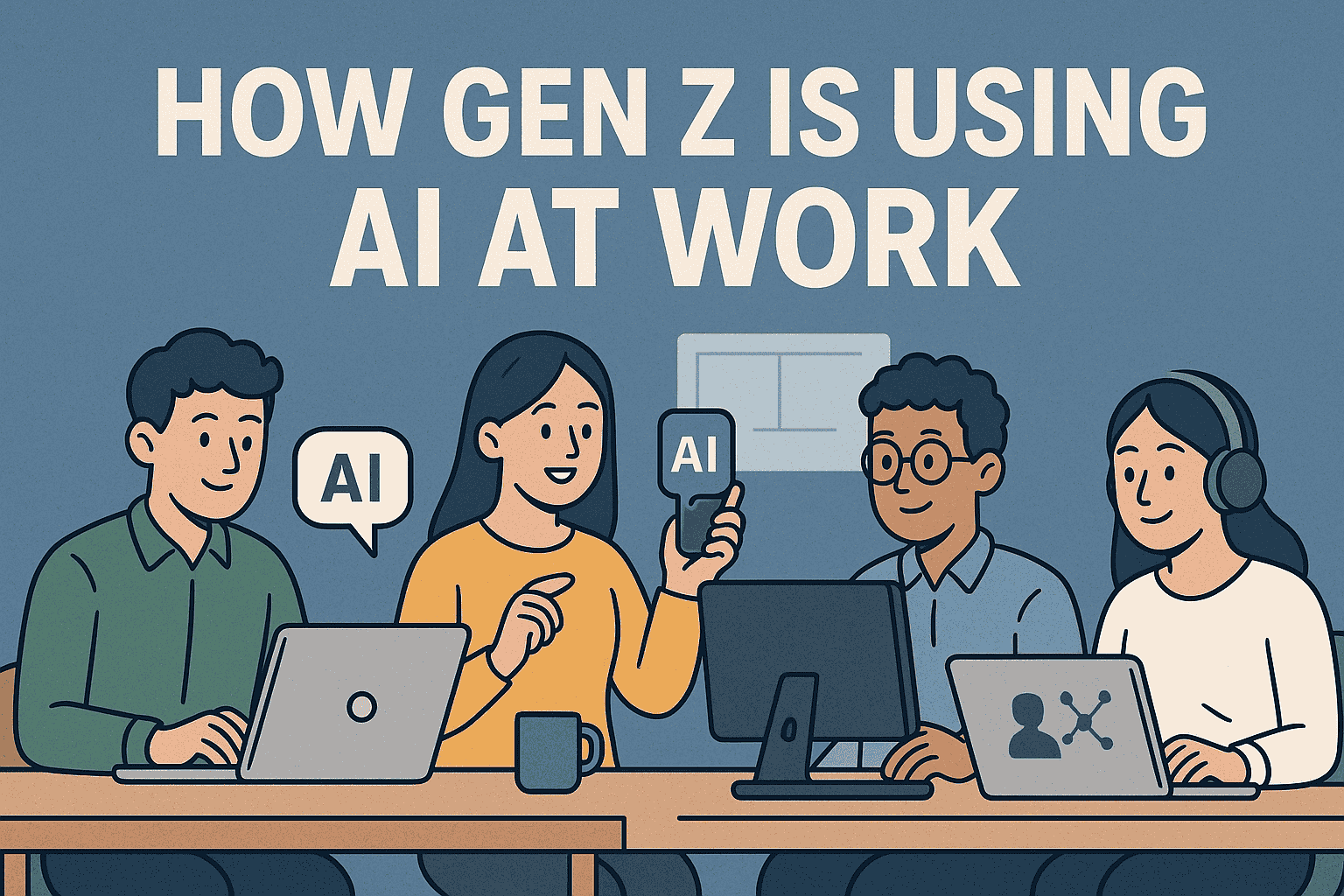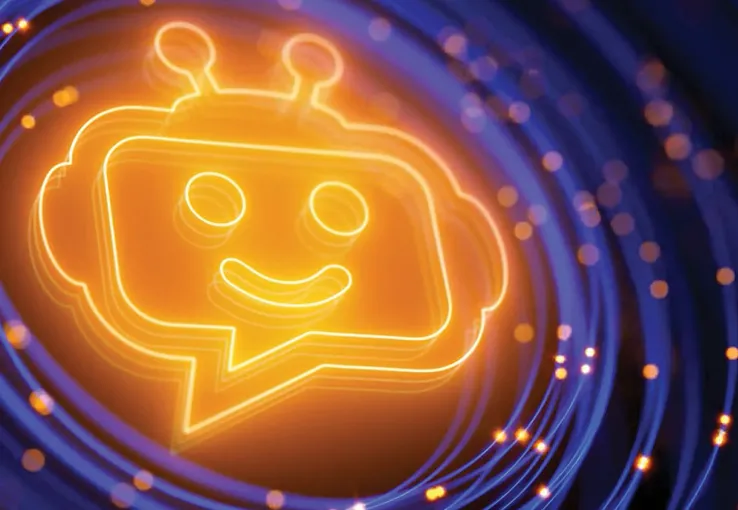Recent research indicates that Gen Z is increasingly relying on personal AI assistants instead of traditional search engines, as these always-on, personalised digital advisors better align with their daily needs and workflows. According to a joint survey by the Walton Family Foundation and Gallup, nearly 80% of Gen Z already uses generative AI tools, clearly demonstrating that this cohort is leading the first wave of the AI revolution. For Gen Z, who grew up as digital natives, using AI assistants isn't a separate technological tool but a natural extension of their daily lives and work, helping them complete tasks and process information more efficiently.
Bellomy Market Research analysis suggests that Gen Z prefers AI-based advisors because they are available 24/7 across multiple devices, unlike traditional human advisors whose availability is limited to office hours and scheduled appointments. Additionally, Gen Z users often perceive AI as more objective and neutral, being free from human emotions and biases. A survey of 2,000 young workers found that 78% use AI tools daily, with 65% stating that AI makes their work more creative and enjoyable. They particularly rely on AI solutions for content creation, visual communication, and data analysis, using these tools to complete tasks in minutes that previously took hours.
While Gen Z enthusiastically embraces AI technology, the Walton-GSV-Gallup survey reveals that 41% feel anxious about it, which is more than those who feel excited (36%) or hopeful (27%). When it comes to specific services, they express strong reservations about replacing humans with AI: only 5% would choose an AI doctor over a human, and even the most accepted application—AI tutors—only garners 18% support. At least two-thirds of Gen Z adults say they prefer human financial advisors, customer service agents, and drivers. This ambivalent attitude demonstrates that while Gen Z is leading the AI revolution, they are aware of its limitations, likely leading to a future hybrid model where AI and human expertise work together complementarily.
Sources:












